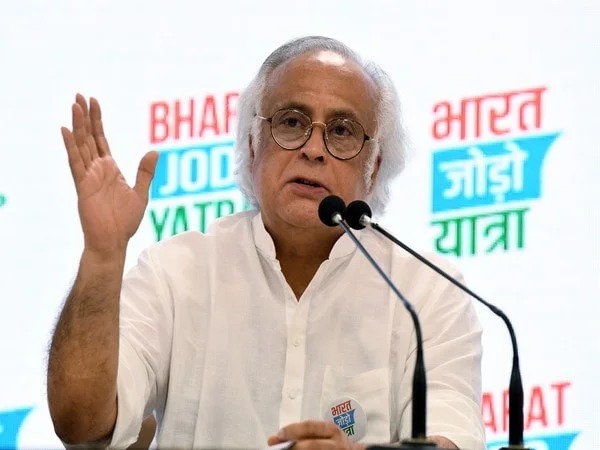New Delhi – The Supreme Court of India has established a seven-judge bench, with Chief Justice of India (CJI) presiding, to deliberate on the petitions filed by Member of Parliament Jairam Ramesh. These petitions challenge the Modi government’s practice of declaring crucial Bills as Money Bills, which, according to Ramesh, violates constitutional principles.
Jairam Ramesh, a prominent Member of Parliament, has consistently raised concerns regarding the alleged unconstitutional passage of key Bills by the government through the Money Bill route. Ramesh contends that this approach circumvents the scrutiny and amendment process within the Rajya Sabha, thus denying it the opportunity to discuss or introduce changes to pivotal legislation.
The three petitions submitted by Ramesh to the Supreme Court, the first of which was filed on April 6th, 2016, highlight this matter. Notable Bills under contention include the Aadhaar Bill, a piece of legislation diluting the powers of Tribunals, particularly the National Green Tribunal, and a Bill aimed at enhancing the powers and reach of the Prevention of Money Laundering Act.
The controversy surrounding the categorization of these Bills as Money Bills has stirred up considerable debate both inside and outside the Parliament. Jairam Ramesh has long argued that such a classification not only deprives the Rajya Sabha of its legitimate role but also has broader implications for the functioning of the Indian Parliament.
The formation of the seven-judge bench, with the CJI at the helm, signifies the gravity of the issue and is expected to yield a significant verdict. This decision is anticipated to have far-reaching consequences for parliamentary practices and the balance of power between the Rajya Sabha and the Lok Sabha tweeted Jairam Ramesh.



